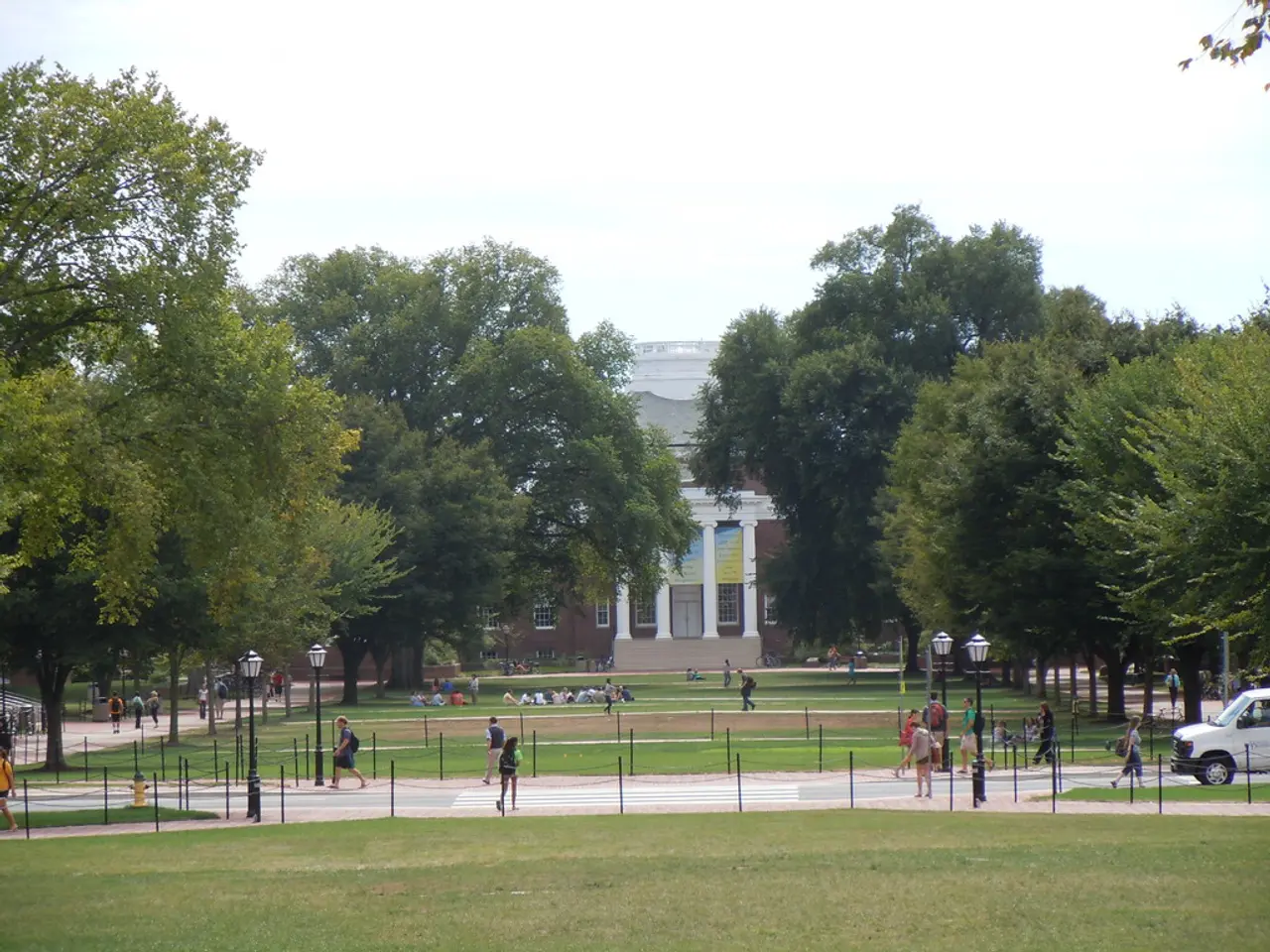Lawsuit Filed by Students Against 32 Universities, Alleging that Early Decision Admissions Lead to Higher Tuition for All Students
Federal Antitrust Lawsuit Accuses Elite U.S. Universities of Collusion Over Early Decision Admissions
A federal antitrust lawsuit, filed in August 2025, alleges that 32 elite U.S. universities have colluded via their early decision admissions programs to reduce competition and artificially inflate tuition costs. The suit, filed in a Boston-based federal court, claims these schools conspired by using binding early decision policies and sharing admitted student lists to prevent recruiting each other’s accepted students, which diminishes price competition and maintains high tuition rates.
The plaintiffs, including former students at Wesleyan University and two other schools, accuse the universities of violating antitrust laws, specifically Section One of the Sherman Act. They argue that the early decision process disadvantages students, especially those who cannot compare financial aid offers, and limits choice and bargaining power for students who commit to attend if accepted before knowing financial aid details.
The universities, according to the students' attorneys, "have openly participated and are participating in practices that entrench patterns of inequality of access while inflating the price of attendance." Critics highlight that early decision disproportionately benefits wealthier students who can commit without concern for financial aid comparisons, exacerbating inequality.
The lawsuit contends that all 32 university-defendants are actively violating federal antitrust law by limiting competition for early-decision students. Defendants include top universities like Dartmouth, Columbia, Cornell, Duke, and the University of Pennsylvania. The lawsuit also implicates college application platforms and a consortium that allegedly facilitated information sharing that helped maintain the collusion.
The early decision process results in higher prices for both early decision and non-early decision students. It also leads to lower acceptance rates, reduced need-based and merit-based aid for early decision admittees, and an artificially diminished number of admission slots for regular decision applicants. Most admission offers include provisions to prevent admitted students from reconsidering their choices, sometimes by threatening legal consequences.
The lawsuit accuses the defendant schools of price-fixing through the early decision admissions process, which it claims leads to increased overall tuition levels. If successful, this case could significantly impact early decision policies and tuition pricing models in elite higher education. The case is ongoing.
[1] News Article 1 [2] News Article 2 [3] News Article 3 [4] News Article 4 [5] News Article 5
- The federal antitrust lawsuit, seeking to challenge the early decision admissions practices of elite U.S. universities, raises concerns about education-and-self-development, as it questions the fairness of the process for potential students.
- The lawsuit, filed against top universities like Dartmouth, Columbia, and the University of Pennsylvania for allegedly colluding over early decision admissions, has stirred discussions in politics, as it underlines the implications for general-news topics such as tuition costs and access to higher education.




